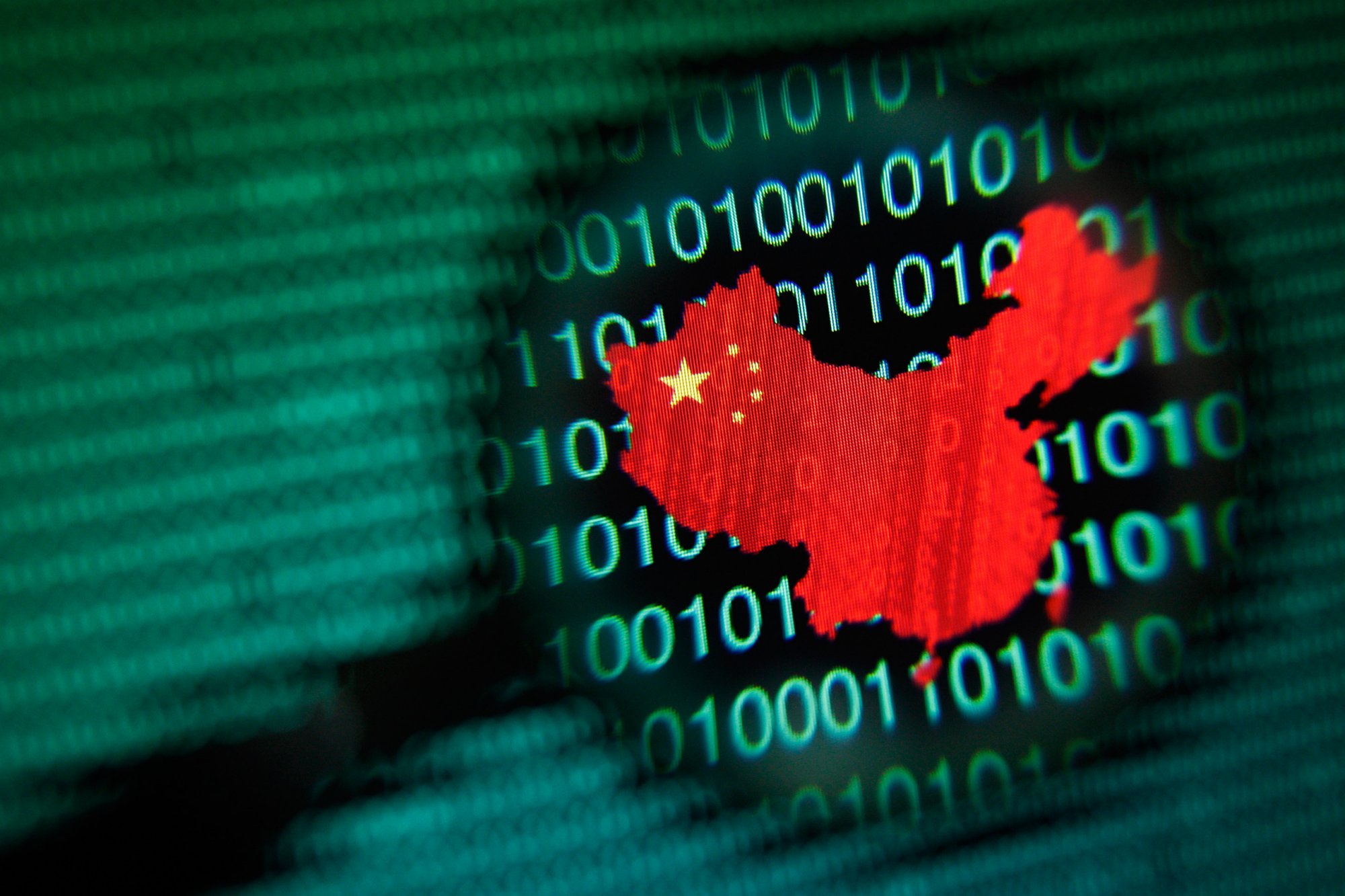
Documents obtained from Chinese censors have revealed that the Chinese Communist Party (CCP) deploys internet trolls to manipulate public opinion.
The documents came from a source who had turned records from the Luoyang city division of the Cyberspace Administration over to The Epoch Times. They showed that administration officials in Luoyang hired trolls to write social media posts favorable to the CCP – with each being paid 11 yuan (about $1.62) for every post made.
The Cyberspace Administration is in charge of overseeing, regulating and censoring internet content in China.
The deployment of the trolls followed a food safety scandal in February 2019. Traces of the virus causing African swine fever (ASF) were found in dumplings made by manufacturer Sanquan Food Co. Ltd. Information about the tainted dumplings quickly spread on Chinese social networking sites, which forced authorities to admit the incident. Sellers quickly took Sanquan dumplings off their shelves when news of the scandal spread.
Authorities in Luoyang and Sanquan Food never explained how the pathogen ended up in the dumplings. Sanquan quietly started to sell its dumplings again when the issue died down, several weeks after the scandal first emerged.
Trolls used multiple approaches to sway public opinion
The internet trolls hired by Luoyang officials used varied techniques to sway public opinion. Some used scientific facts to assuage food safety doubts by social media users.
One troll named “Qingqi Suoyou” wrote that “since the [world’s] first ASF outbreak about one hundred years ago, no human being was infected by the ASF virus. So, the ASF virus won’t affect pork products. You can eat the meat and related products.”
Another one named “Ruguo” stated that “the ASF virus will be killed at high temperatures. You can eat [the dumplings] by cooking it completely.”
Others used the incident as an opportunity to praise authorities.
“Our country always treats food safety as something very important,” said a troll named “Kantaiyang” in one post. “I believe the government will give our people an answer [about the virus’ source].”
Another troll named “Hai’ai” lauded “efforts” by authorities to address the issue. He stated that “we cannot doubt that China’s State Food and Drug Administration and Sanquan Food are proactive when facing the issue. The most important thing is solving the problem. We shouldn’t question things and should wait quietly.”
Other trolls, such as one named “Qinghe,” tried to downplay the news as rumors. “Don’t believe … and don’t spread the rumors,” the troll said “All large enterprises can trace the source of the raw materials that they used.”
Posts going against the official narrative censored
Aside from online trolls, hired censors also played a role in shifting public opinion during the Sanquan scandal. These were tasked with removing social media posts that went against the official narrative that the local government and the food manufacturer were doing a great job containing the ASF outbreak. (Related: Chinese authorities hid the fact that medical staff in coronavirus-hit city were infected.)
The Luoyang Cyberspace Administration sad already deployed online censors before, even before the Sanquan scandal. In a set of documents obtained in 2016, the Administration had boasted about its “achievements” with online censors to the city government.
The administration categorized its monitoring on different websites and social media platforms into different tiers.
The “manual censor” tier involved a manual review of all posts on relatively active large platforms and websites. Small websites and less active social media platforms were monitored using “automatic censoring,” which used artificial intelligence to filter and monitor posts.
“Manual + automatic censoring” was used on mid-sized websites and social media platforms. It combined the earlier two tiers: AI would filter posts, but actual people will monitor them to ensure no “harmful information” is published.
The CCP’s use of underhanded tactics, such as paid trolls and censors, has been well documented. A 2016 report by VOA News talked about the “50 Cent Army,” government-backed internet trolls that pose as ordinary patriotic citizens to sway public opinion in favor of the CCP. The army is mobilized whenever there is a need to boost patriotism or there are certain topics that need to be covered up.
By combining censorship of “harmful material” and public discourse manipulation using paid trolls, the CCP ensures that people will follow its official narratives.
Sources include:
Please contact us for more information.














